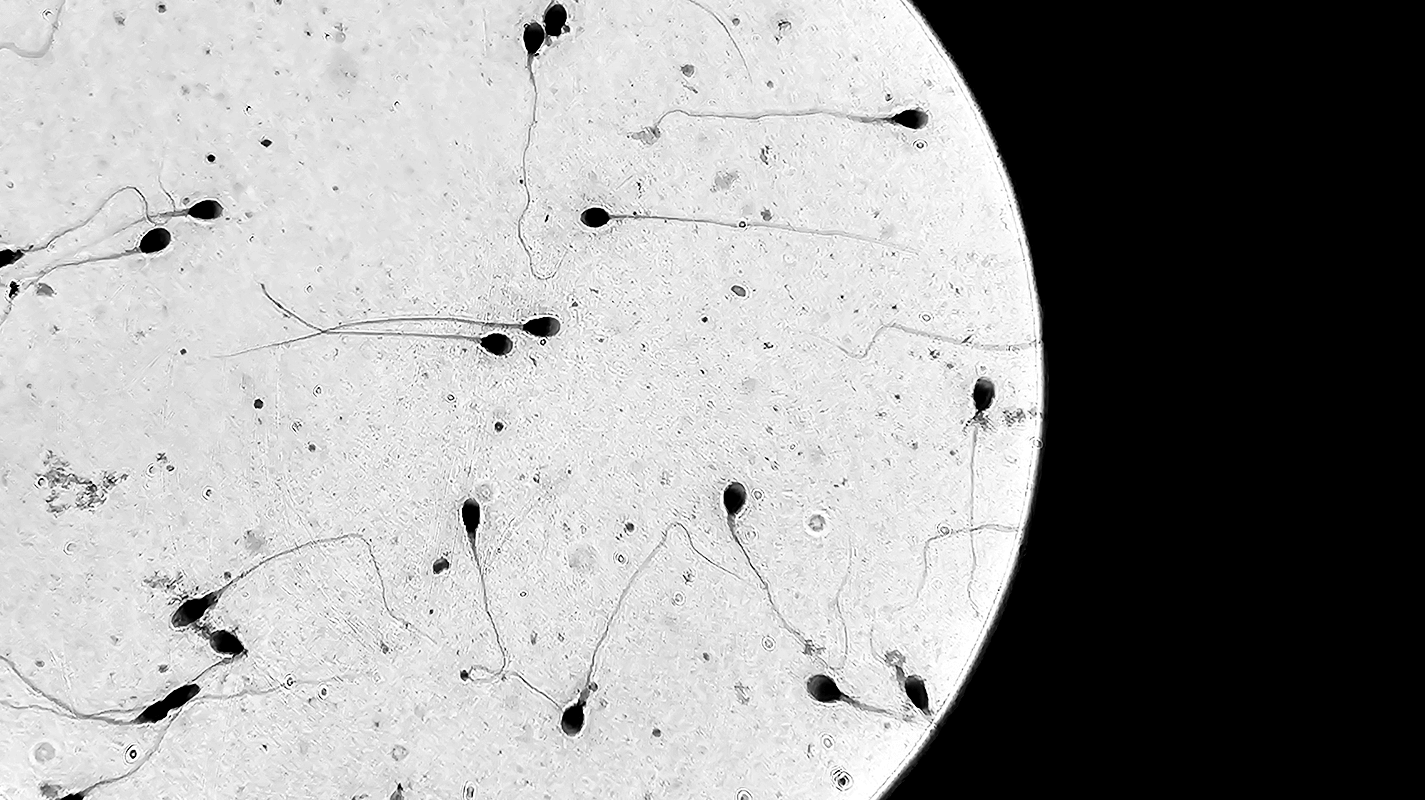Día del bebé arcoíris: una fecha para honrar la esperanza después de la pérdida

Rainbow Baby Day was first commemorated in 2018, promoted by the U.S. organization “What The Fertility”. The initiative aimed to give visibility to families who had experienced loss and, at the same time, celebrate the children born afterward as a symbol of hope.
Today, the date has crossed borders and become a global awareness movement, reminding us that talking about perinatal grief also means talking about love, resilience, and community.
What does “rainbow baby” mean?
The term is inspired by how a rainbow appears after a storm. A rainbow baby is a child born after a loss. It does not replace the baby who passed away nor erase the pain, but it symbolizes the ability to be reborn and dream again of motherhood or parenthood.
For many families, this birth is full of mixed emotions: joy, hope, and gratitude, but also fear or even guilt. Recognizing these feelings is essential to accompany the process with respect.
Losses: more common than we think
Perinatal grief is not an isolated event. In fact, the numbers show that millions of families around the world go through this reality:
- According to the American College of Obstetricians and Gynecologists (2020), approximately 1 in 5 clinically recognized pregnancies ends in miscarriage.
- According to The Lancet (2020), around 2.6 million stillbirths occur worldwide each year.
- In Mexico, INEGI (2022) reported more than 25,000 fetal deaths in a single year.
These figures remind us that loss is more frequent than we usually imagine, and that making it visible helps break the taboo many families face.
The path toward a rainbow baby
Each family experiences this journey in a unique way, but some aspects are often repeated:
a) Anxiety during the new pregnancy: many mothers fear the loss could happen again.
b) Guilt or ambivalence: questions arise about whether it is “right” to feel joy again after grief.
c) Need for close medical care: specialized follow-up provides confidence and peace of mind.
d) Emotional support: both parents may need safe spaces for psychological care.
Recognizing that these emotions are normal is key to experiencing the journey toward a rainbow baby with more clarity and hope.
How to accompany with sensitivity
Talking about loss and rainbow babies requires respectful and empathetic language. Our psychological therapy specialist shares some recommendations to support families going through this process:
1.- Avoid phrases that minimize the experience, such as “it’s over” or “you’ll have more children”.
2.- Listen without judgment and without rushing to offer solutions.
3.- Acknowledge the existence of the baby who passed, validating the grief.
4.- Respect the timing each person needs, without pressuring them to “move on.”
Our commitment at Fertilidad Integral
Rainbow Baby Day is an opportunity to recognize the strength of families who have endured loss and to accompany them in the hope of new beginnings.
At Fertilidad Integral, we know that the path toward a rainbow baby can be filled with mixed emotions. That’s why we offer comprehensive care that combines:
- Specialized medical attention, based on scientific evidence and safe protocols.
- Emotional support, because fertility is not only a physical process but also an emotional journey.
- Personalized care, respecting each story, each rhythm, and each person’s needs.
We believe that talking about rainbow babies is talking about love and resilience. That’s why, on this day, we remember those who left, we celebrate those who arrived, and we walk alongside those still on their path to hope.
If you are going through this process, do not hesitate to contact us here and our team will reach out to you.
References
- American College of Obstetricians and Gynecologists. (2020). Early pregnancy loss. ACOG. https://www.acog.org/womens-health/faqs/early-pregnancy-loss
- The Lancet. (2020). Ending preventable stillbirths 2020. The Lancet, 396(10253), 1639. https://doi.org/10.1016/S0140-6736(20)32226-4
- Instituto Nacional de Estadística y Geografía. (2022). Statistics of registered fetal deaths. INEGI. https://www.inegi.org.mx







